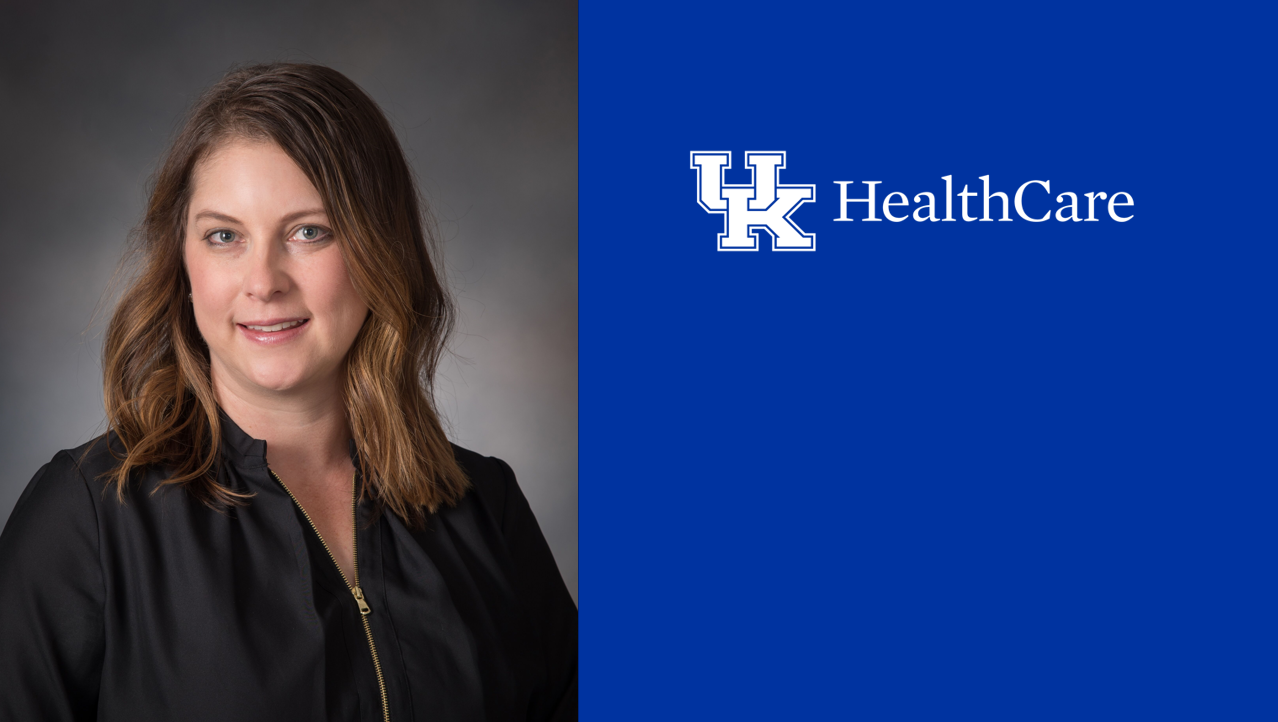Chief of Audiology shares facts and advice to mark Better Hearing and Speech Month

It’s always a good time to keep your auditory wellness in mind, but this month is a great occasion to lend a little extra focus to your ears.
May is Better Hearing and Speech Month, an annual campaign created by the American Speech-Language-Hearing Association aimed at spreading awareness of communication issues like hearing loss.
Millions of people in the United States suffer from hearing loss, and many allow the problem to go unchecked rather than speak to a doctor or audiologist about their issues.
Jennifer B. Shinn, Ph.D., CCC-A, Chief of Audiology and Director of Newborn Hearing Screening, encourages everyone to be vigilant about their auditory health.
“The impact of unaddressed hearing loss can have significant consequences for both children and adults,” Shinn said. “Hearing loss in children can lead to delayed speech and language development and academic challenges. Unaddressed hearing loss in adults can result in social isolation/withdrawal, fatigue, depression and loneliness.”
Risk factors for auditory disorders like hearing loss include age, occupation, recreational noise exposure and genetics, among others. Folks who work in particularly loud environments or enjoy activities such as concerts should take steps to protect their auditory wellness, like wearing hearing protection.
“Hearing loss can be gradual or sudden,” Shinn said. “Some warning signs of hearing loss include difficulty hearing other people clearly and/or misunderstanding what they say, difficulty hearing in noisy situations, asking for repetition, increasing the volume of the television or phone, difficulty hearing on the phone and concerns by friends and family regarding your hearing.”
While most people understand that hearing loss is a fairly common problem for many adults as they age, everyone should be aware that auditory issues can also have a major impact on the lives of children. That can be a scary prospect for parents, and Shinn says communication is key to addressing the issue.
“Every child with an auditory disorder is unique and often the same approach does not work for each one,” Shinn said. “It is important that parents/guardians communicate honestly with their child's care team members on what their goals are, what IS working, what is NOT working, what they need from them, and what ideas they have to keep moving their child forward.”
For patients of all ages, UK HealthCare has a vast array of resources to help tackle your hearing issues. Our Audiology Program offers a full range of testing and treatment services.
“UK HealthCare has a comprehensive audiology program with experts in a wide range of areas who can evaluate and treat hearing disorders,” Shinn said. “Our patients range from premature infants to centenarian. Services range from audiological evaluations for hearing loss, tinnitus, auditory processing disorders and vestibular issues to treatment options such as hearing aids and cochlear implants.”
To contact a UK HealthCare provider about audiology and communicative disorders, email audiology@uky.edu or call 859-257-5405.




